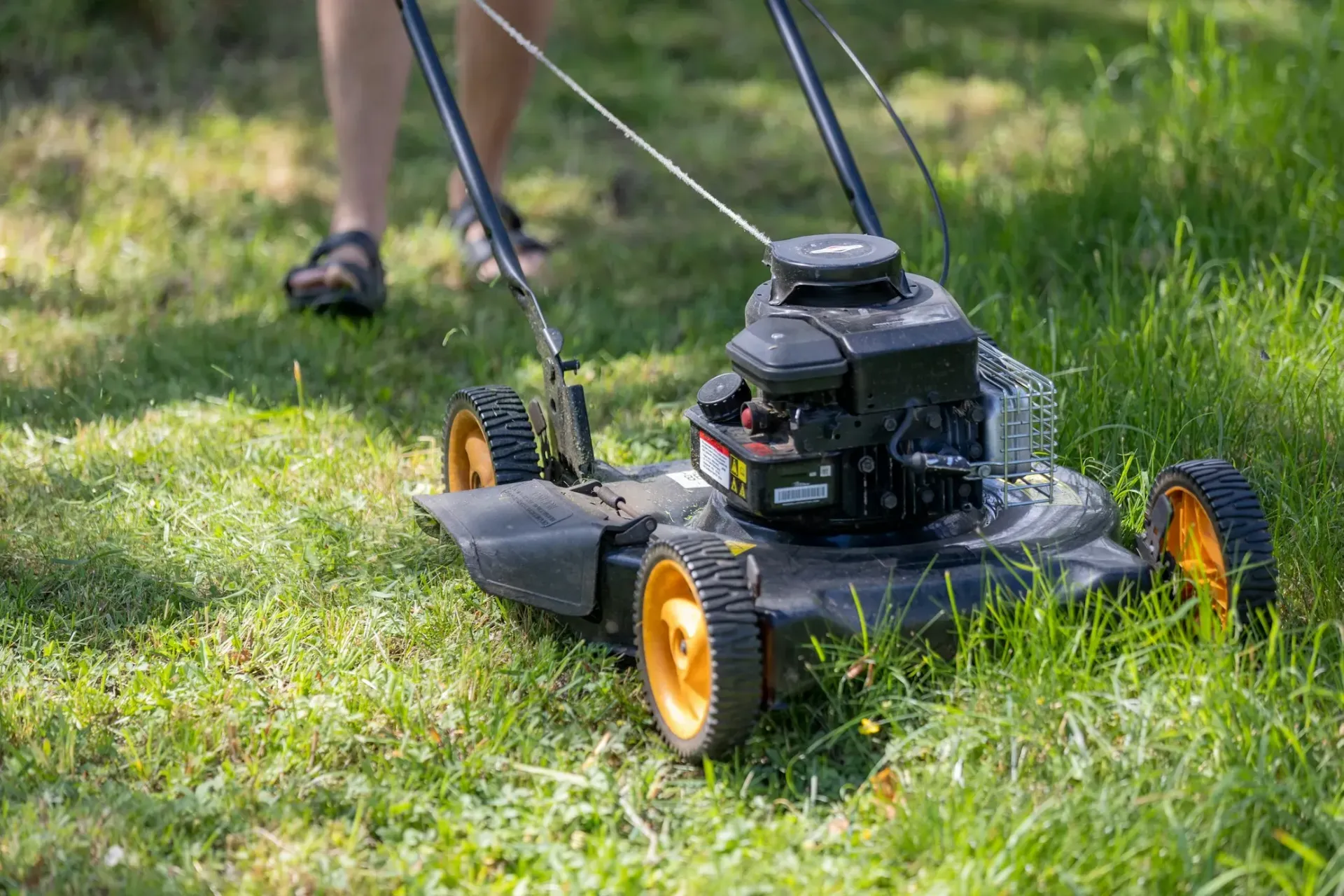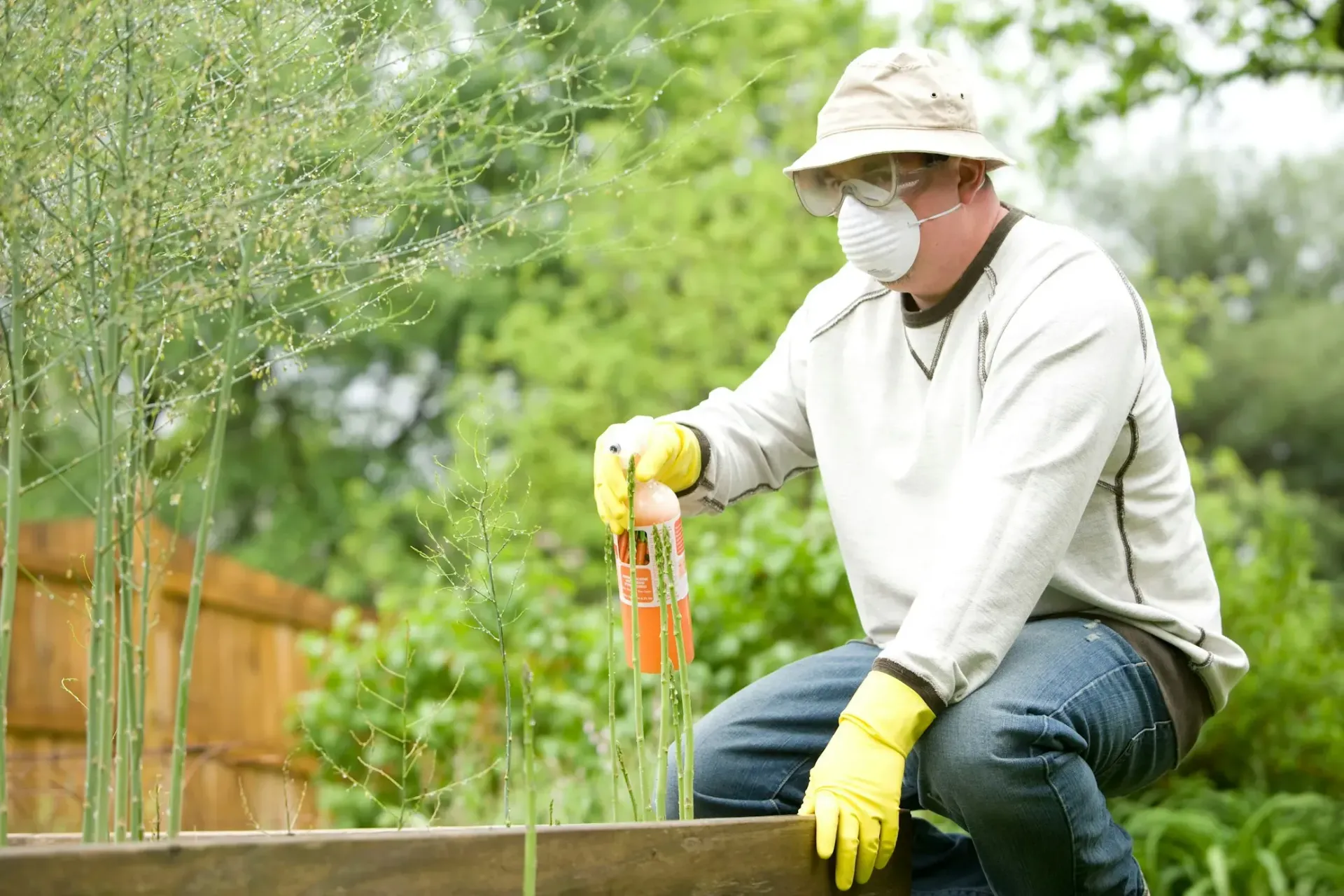
How Often Should Pest Control Be Done to Keep Your Home Safe?
To keep your home safe and pest-free, having a regular pest control schedule is essential. But how often should you really be getting it done? While an annual visit might sound like enough, sticking to a consistent schedule is often the best way to keep pests out for good. Routine pest control doesn’t just keep infestations at bay; it also protects your health and keeps your property in top shape.
In this guide, we’ll walk through how often pest control should be done, what factors affect this schedule, and why staying on top of treatments can make a huge difference in your home’s safety.
How Often Should Pest Control Be Done in Homes?
Every home has its own needs when it comes to pest control. For some, a quarterly visit might be enough, while others may need more frequent treatments. The ideal frequency for pest control depends on factors like location, the type of pests commonly found in your area, and the specific conditions of your home.
What Factors Affect How Often Pest Control Should Be Done?
Several factors play a role in deciding how often your home should receive pest control. Here’s a closer look at what influences this schedule:
- Location: Homes in warmer, humid climates often require more frequent treatments since these conditions are ideal for many pests. Regions with heavy rainfall can also attract more insects.
- Type of Pest: Some pests, like ants and roaches, can appear year-round, while others are seasonal. If you’re dealing with pests that have constant activity, like rodents, more regular treatments may be necessary.
- Home Environment: Factors like your home’s age, cleanliness, and landscaping can also attract certain pests. Older homes or homes with dense vegetation nearby may experience more frequent infestations.
Should Pest Control Be Done Quarterly or More Frequently?
Quarterly pest control is a common choice for many homeowners because it provides a balance between cost and protection. A quarterly plan can prevent most infestations by stopping pests before they establish a presence in your home. However, homes with ongoing pest issues or higher risk factors may need bi-monthly treatments to keep the problem under control.
How Regular Pest Control Helps Prevent Infestation
Regular pest control is all about prevention. By maintaining a consistent schedule, you can stop pests before they have a chance to breed and multiply. This proactive approach keeps infestations from becoming serious issues that are harder (and costlier) to resolve. Regular treatments also mean you’re less likely to encounter surprise infestations, keeping your home safer and more comfortable year-round.
Do You Really Need Pest Control for Every Season?
Seasonal changes can impact pest activity and how often you should treat your home. Many pests have active and dormant seasons, meaning they might be more likely to invade during specific times of the year. Regularly scheduled pest control tailored to these patterns can keep your home protected year-round.
What Are the Seasonal Pests to Watch Out For?
Each season brings its own set of pest challenges. Here’s what to keep an eye on as the seasons shift:
- Spring: Warmer weather encourages pests like ants, termites, and wasps to become active again. Spring is often a time when insects emerge to look for food and places to nest.
- Summer: This is prime time for mosquitoes, flies, and stinging insects. With higher temperatures, pests are out in full force, making summer a critical season for pest control.
- Fall: As the weather cools, rodents and spiders may seek shelter indoors. Many pests start looking for warm places to hunker down, making it a key season for indoor pest prevention.
- Winter: Although some pests go dormant, others like rodents and cockroaches can still be an issue indoors. Winter treatments help protect against these pests as they look for warmth and food sources in homes.
How Does Seasonal Change Affect Pest Activity?
Seasonal shifts affect pest behavior, primarily because of changes in temperature, humidity, and food availability. For example, colder months might drive pests indoors, while warmer months increase pest reproduction rates. Understanding how these changes impact pest activity helps you prepare your home accordingly, ensuring that your pest control schedule aligns with seasonal risks.
Why Regularly Scheduled Pest Control is Essential
A consistent, year-round pest control schedule can reduce the chance of infestations during peak seasons. Treating your home each season helps create a barrier that prevents pests from taking hold, minimizing their ability to breed and spread. By anticipating seasonal pest pressures, you’re not only protecting your home but also making it easier to maintain a pest-free environment.
What Are the Benefits of Quarterly Pest Control?
Quarterly pest control is one of the most popular approaches to keeping homes pest-free. It’s convenient, cost-effective, and offers continuous protection against various pests throughout the year. Here’s why a quarterly schedule might be the right choice for your home.
How Quarterly Pest Control Prevents Major Infestations
Regular pest control treatments every three months help prevent major infestations before they start. Quarterly visits mean pest issues are addressed proactively, reducing the chances of a small problem turning into a full-blown infestation. By stopping pests early, you avoid the need for intensive treatments that might be necessary if pests get a foothold in your home.
Cost-Effectiveness of Quarterly Pest Control
One of the significant advantages of quarterly pest control is its cost-effectiveness. Instead of dealing with emergency treatments or large infestations that could cost more to resolve, quarterly treatments keep issues manageable. This preventive approach means you’re less likely to spend extra on last-minute pest control and more likely to maintain a stable, predictable cost for your home’s pest protection.
Types of Pest Control Treatments Used in Quarterly Plans
Quarterly pest control plans typically cover a broad spectrum of pests, with treatments tailored to the season and the types of pests likely to be active. Treatments might include:
- Exterior Barrier Treatments: Creates a shield around the outside of your home, preventing pests from entering.
- Interior Spot Treatments: Targets areas where pests are most likely to hide, such as cracks, crevices, and basements.
- Baiting and Trapping: Helps manage specific pests like rodents or ants that are particularly active in certain seasons.
These targeted treatments make quarterly plans versatile and effective for protecting your home year-round.
What Happens If You Skip Regular Pest Control?
Skipping regular pest control can lead to unexpected and often costly consequences. Without a consistent pest management plan, your home becomes vulnerable to infestations, which can quickly escalate into bigger problems.
Understanding the Risks of Pest Infestation
When pest control is skipped, small pest issues can develop into serious infestations. Pests like termites, ants, and rodents can multiply quickly, spreading throughout your home and causing damage. Termites, for example, can damage wooden structures, while rodents can chew through wires and insulation, leading to potential safety hazards.
Common Pests Like Roaches and Ants That Invade Homes
Some pests, like roaches and ants, are known for their resilience and ability to adapt. They can establish colonies in walls, kitchens, and basements if left unchecked. Roaches bring allergens and bacteria, while ants can damage property and contaminate food. Without regular control, these pests can create unsanitary conditions and pose health risks.
How Skipping Treatments Can Lead to New Pest Problems
When treatments are missed, pests that may have been under control can reappear. Additionally, new pest species might find their way into your home. For instance, skipping rodent control could attract larger pests or predators, such as snakes, which follow rodent activity. Staying on schedule with pest control helps keep all potential problems in check, reducing the risk of new infestations and unexpected issues.
Is Professional Pest Control Always Necessary?
While some minor pest problems can be handled with DIY methods, professional pest control offers a level of effectiveness and expertise that’s hard to match. Knowing when to call in the experts can save you time, money, and the frustration of trying to manage an infestation on your own.
When to Call in Pest Control Experts
Certain situations call for professional intervention. If you notice signs of a severe infestation, such as visible damage to structures, frequent sightings of pests, or unusual odors, it’s time to bring in a professional. Additionally, certain pests like termites, bed bugs, and rodents are best handled by trained exterminators who have the tools and knowledge to eradicate them effectively.
DIY Pest Management vs. Hiring Professionals
DIY pest control can be useful for minor problems, like occasional ants or flies. Using store-bought sprays and traps can help with isolated issues. However, DIY methods have limitations, especially with persistent pests or large infestations. Professional pest control provides a comprehensive approach, with treatments designed to target specific pests, reduce future risks, and offer longer-lasting results.
How to Choose a Reputable Pest Control Company
Selecting a reliable pest control company is essential for effective treatment. Look for companies with good reviews, professional certifications, and clear, transparent pricing. A reputable company should also be willing to answer your questions, explain their treatment process, and offer a warranty on their services. By choosing a company with proven expertise, you can be confident in the quality and safety of the pest control treatments they provide.
Conclusion
Maintaining a regular pest control schedule is one of the best ways to protect your home, health, and peace of mind. By staying proactive, you avoid the hassle and expense of dealing with large infestations and ensure a safe, comfortable environment for your family. If you're in Salt Lake City, Lehi, Saratoga Springs, Eagle Mountain, or American Fork, trust ProYards for your pest control needs.
As a locally-owned and fully licensed service, ProYards offers reliable, high-quality pest control and yard care, including fertilization, irrigation, lawn care, and more. Our team is dedicated to delivering outstanding results, so you can enjoy a beautiful, healthy yard year-round.
Contact ProYards today to schedule your pest control and discover how we can help keep your property in top shape!
FAQs
How often should pest control services be performed?
Pest control should be done regularly, typically on a quarterly basis, to effectively keep many pests at bay and prevent infestations from occurring or recurring.
How long does pest control last once it's applied?
The duration pest control lasts can vary depending on the type of treatment and pesticide used, but regular pest control treatments are generally designed to last for about 60 to 90 days.
What factors influence the frequency of pest control visits?
Factors such as the severity of the infestation, type of pests present, and the specific needs of your home or business will influence how often pest control visits are necessary.
Is pest control necessary even if pests aren’t visible?
Yes, regular pest control is proactive and can prevent pests from coming back, ensuring that you avoid infestations even if signs of pests aren’t immediately visible.
Why is integrated pest management (IPM) important in pest control?
Integrated pest management (IPM) is important because it uses a combination of techniques to effectively manage pest populations while minimizing the use of pesticides and reducing risks to human health and the environment.
What are the signs that indicate the need for pest control services?
Common signs include visible bugs or insects, droppings from rodents, webbing from spiders, and unusual noises within your walls, which all suggest a need to contact an exterminator or technician.
What types of treatments are available for general pest control?
General pest control treatments can include the use of pesticides, baiting, traps, and fumigation to eradicate common pests like termites, fleas, and bed bugs.
How can homeowners prevent pests from entering their home?
Homeowners can prevent pests by sealing entry points, maintaining cleanliness, and ensuring regular visits from pest control services to inspect and treat potential problem areas.
What is the cost of pest control services?
The cost of pest control varies depending on the type of treatment, size of the property, severity of infestation, and frequency of service, but it is generally a cost-effective way to protect your property from pests.
How can changes in pest activity impact the need for pest control?
Seasonal changes and environmental factors can affect pest activity levels, which may increase the need for more frequent pest control visits to keep pest populations under control.
Our Services
Contact Information
Phone: (801) 254-2890
Email: proyardcustomers@gmail.com
Business Hours
- Mon - Fri
- -
- Sat - Sun
- Closed
Area We Serve
All Rights Reserved | Proyards









